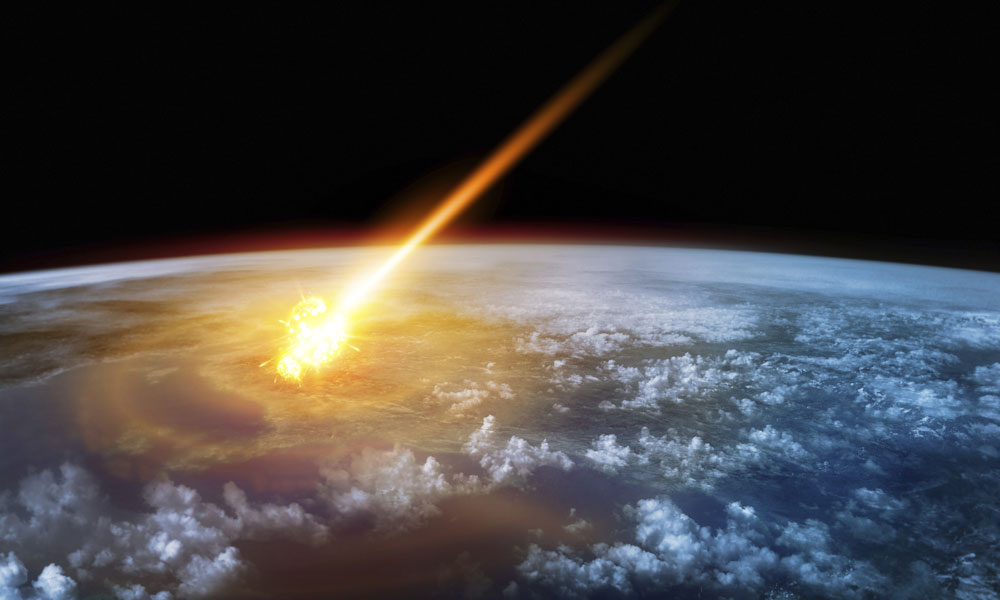
Space Explorers Group Helps UN Get Serious on Asteroid Threats
After years of work, it was an incident that blindsided the world that helped the Association of Space Explorers get its point across to the United Nations: We need an asteroid defense system.
Let’s clear this up before going any further: Yes, there’s an association for astronauts and cosmonauts, and, according to its website, the Association of Space Explorers (ASE) is the only organization that brings those professionals together to support the advancement of space exploration. (With everything we’ve covered on this site—from algae to self-driving cars—are you really that surprised?)
ASE scored a major victory last week when the United Nations adopted guidelines for protecting our planet from incoming asteroids. ASE drafted the guidelines in 2008 [PDF] and has been urging UN adoption ever since. So why now? The effort likely got a boost from the asteroid strike at Chelyabinsk, Russia, that stunned the world in February.
Under the UN plan, a new International Asteroid Warning Group to be established by several space agencies will warn UN member nations when it discovers any potentially hazardous asteroids or other near-Earth objects (NEOs). When one is discovered, the UN’s existing Committee on the Peaceful Uses of Outer Space (COPUOS) will jump into action and launch a mission to slam the giant space rock off Earth-bound path.
While praising the UN’s action, ASE noted in a statement that the work to detect asteroids and protect the planet is just beginning.
“These steps not only begin to address the physical threat posed by hazardous asteroids, but also promote cooperative actions and planning to avoid critical delays in response to an impact threat,” the group said in the statement [PDF]. “To maintain this momentum, ASE believes the global community should now take further significant steps to prevent a future impact.”
Those steps include briefing national policy makers on the threats that asteroids pose, launching a space telescope to locate NEOs that could threaten Earth, and implementing a demonstration of the COPUOS deflection system within the next 10 years, among others.
At a recent event hosted by New York’s American Museum of Natural History, ASE members discussed the UN’s decision and the importance of international collaboration.
“Asteroid impacts have dramatically altered the course of life on Earth, and a rogue asteroid will certainly strike Earth, posing a global threat to human life and society,” said NASA Astronaut Tom Jones, current chairman of the ASE NEO committee, according to Space Daily. “Our society has acknowledged the asteroid hazard and taken positive steps toward ensuring our species’ survival. However, knowing what we must do is only a first step. To prevent a future disaster, we must actually take action—in space.”
(iStock/Thinkstock)






Comments